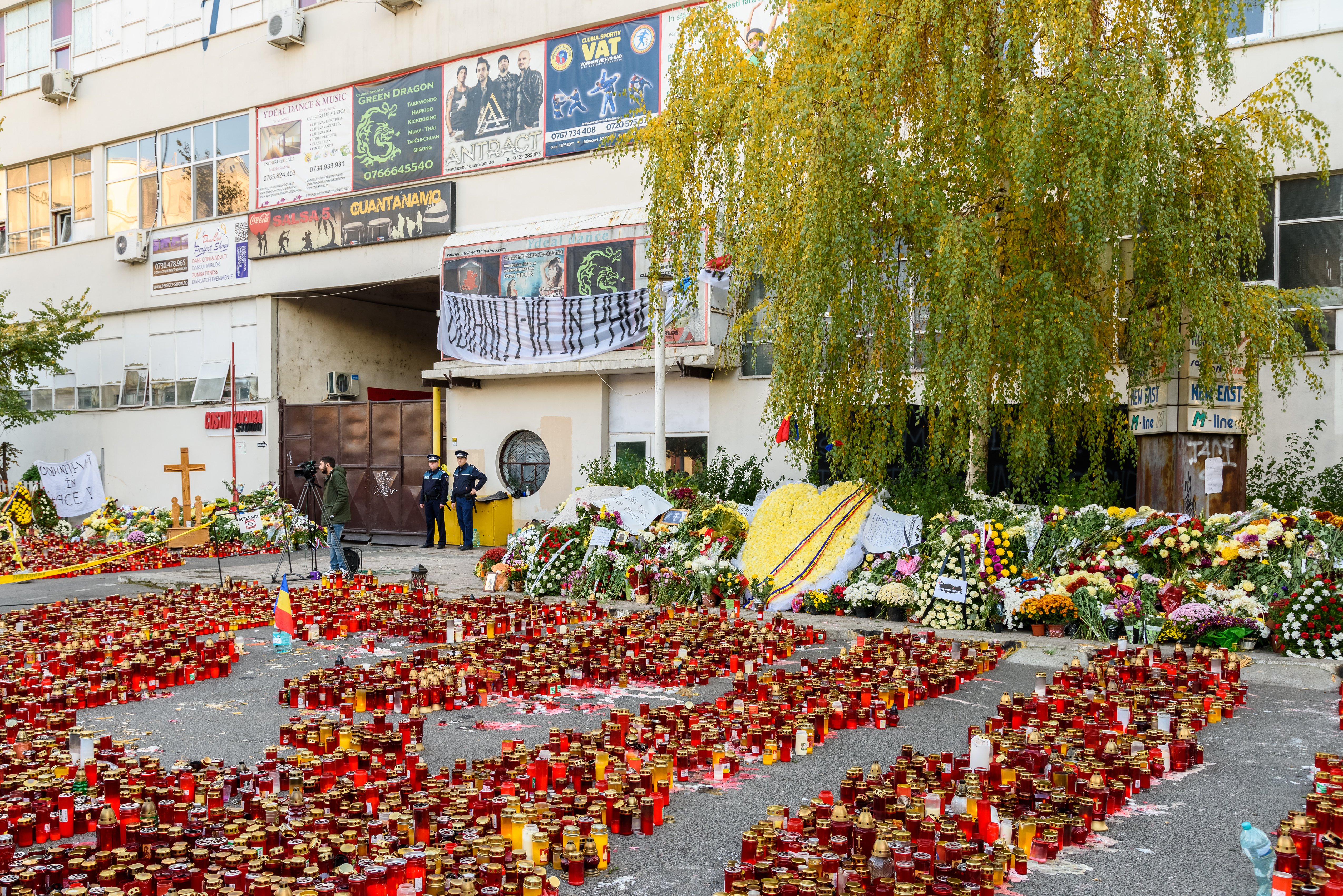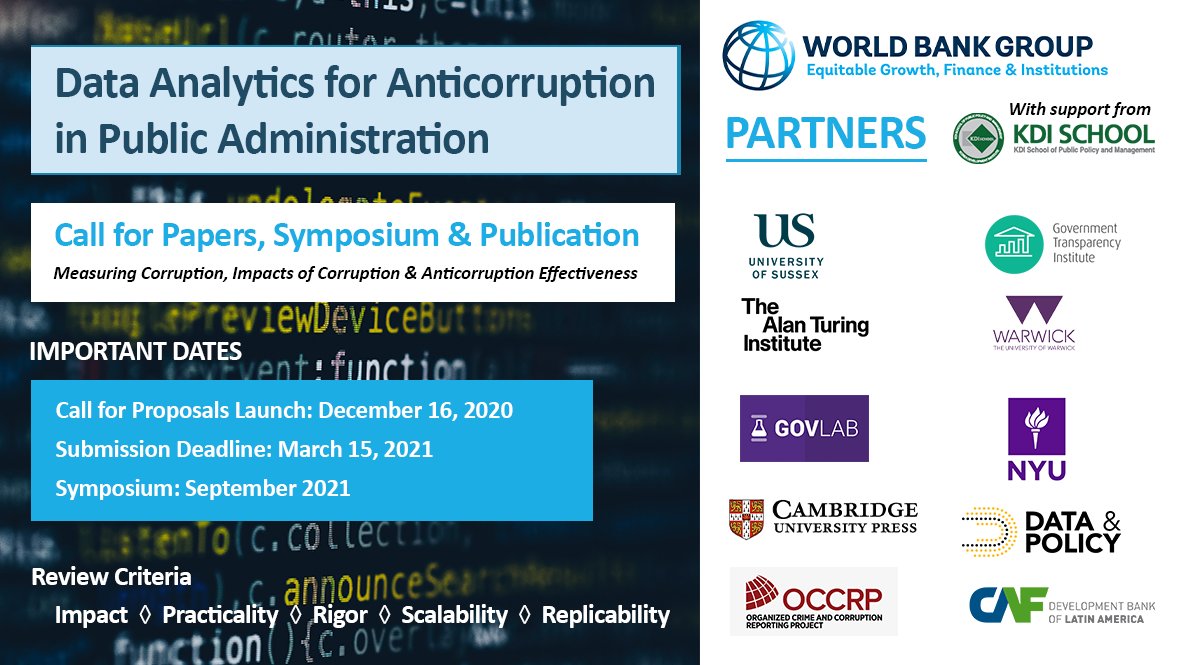
Fighting corruption is both a technical and a political process. In this post, CSC Director Liz David-Barrett argues that an ‘A20’ group of academics could inject much-needed evidence and learning into the work of the G20 Anti-Corruption Working Group, providing technical support for this high-level political process. This is the fourth blog post in the CSC’s series ‘The role of the G20 Anti-Corruption Working Group in influencing the global agenda’.












Recent Comments